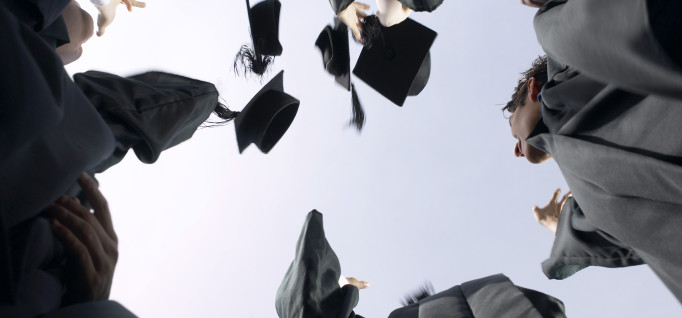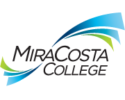Making hard transitions easier
By MiraCosta College
January 26, 2023
MiraCosta College is celebrating one year of impact for the Transitions Scholars Program, a pilot program developed to help formerly incarcerated college students pursue their degrees.
Launched in the summer of 2021, the MiraCosta College Transitions Scholars Program provides support for people impacted by incarceration. As part of the program, students join a cohort with students from similar backgrounds and are given access to financial, academic, and psychological resources to achieve personal and educational goals. Since its inception, the Transitions Scholars Program has supported more than 60 students, with dozens more on the waitlist and planning to join in the upcoming semesters.
“When you think about the multitude of challenges that a formerly incarcerated student faces on a daily basis, it’s incredible to see the success they’ve had through a program like this,” said Edward Pohlert, faculty director of retention services. “They are facing pressures at home, at work, while relearning so many of the skills and knowledge that many people take for granted.”
As part of the program, students receive hands-on support for everything from how to enroll in classes to techniques on adjusting to academic life inside and outside the classroom. Each cohort participant is paired with a support group of peer mentors who have also been system impacted, which helps students grow their confidence and self-esteem in a safe and uplifting environment. Together, students can successfully navigate the college journey alongside a group of peers with similar experiences.
“The soul of the Transitions Scholars Program is what makes this life-changing,” shared Ashley Gerdo, a campus aide who works with students in the program. “When students join this program, they are so much more than a statistic. They are in an environment and a community that allows them to reclaim and revise their identity.”
Among the first-year participants, the Transitions Scholars Program has achieved an 85% percent retention rate and a 72% success rate, both of which are well above the national standards for formerly incarcerated college students. In addition, five of the first-year students participating were named to the Phi Theta Kappa Honor Society.
According to the Bureau of Justice Statistics, formerly incarcerated individuals who receive no further education within or after leaving prison are 76% more likely to recidivate within five years, yet that recidivism number drops to 14% for individuals who obtain an associate degree.
“Our past, our failures, and hardships can either be our excuse or our story,” shared Transitions Scholars Program student Manny Rodriguez. “I choose for it to be my story!”
Rodriguez attributes the Transitions Scholars Program with helping him navigate his educational journey and build community among fellow formerly incarcerated students. While it took time for him to overcome many of the learning curves associated with enrolling in college, program staff worked alongside him to overcome barriers, such as lack of technology skills, time management, and financial stability. Currently, Rodriguez is working toward a degree in sociology, which he hopes to use to pursue a career that supports at-promise youth in the community.
The Transitions Scholars Program was created thanks to a three-year grant from the statewide Chancellor’s Office Rising Scholars Network. Based on its initial success, MiraCosta College leaders plan to make the program permanent and, with support from donors, grow the initiative program to support even more students each year. In total, there are more than 275 formerly incarcerated students enrolled at MiraCosta College and over 600 students who are system impacted.
This article originally appeared here.



